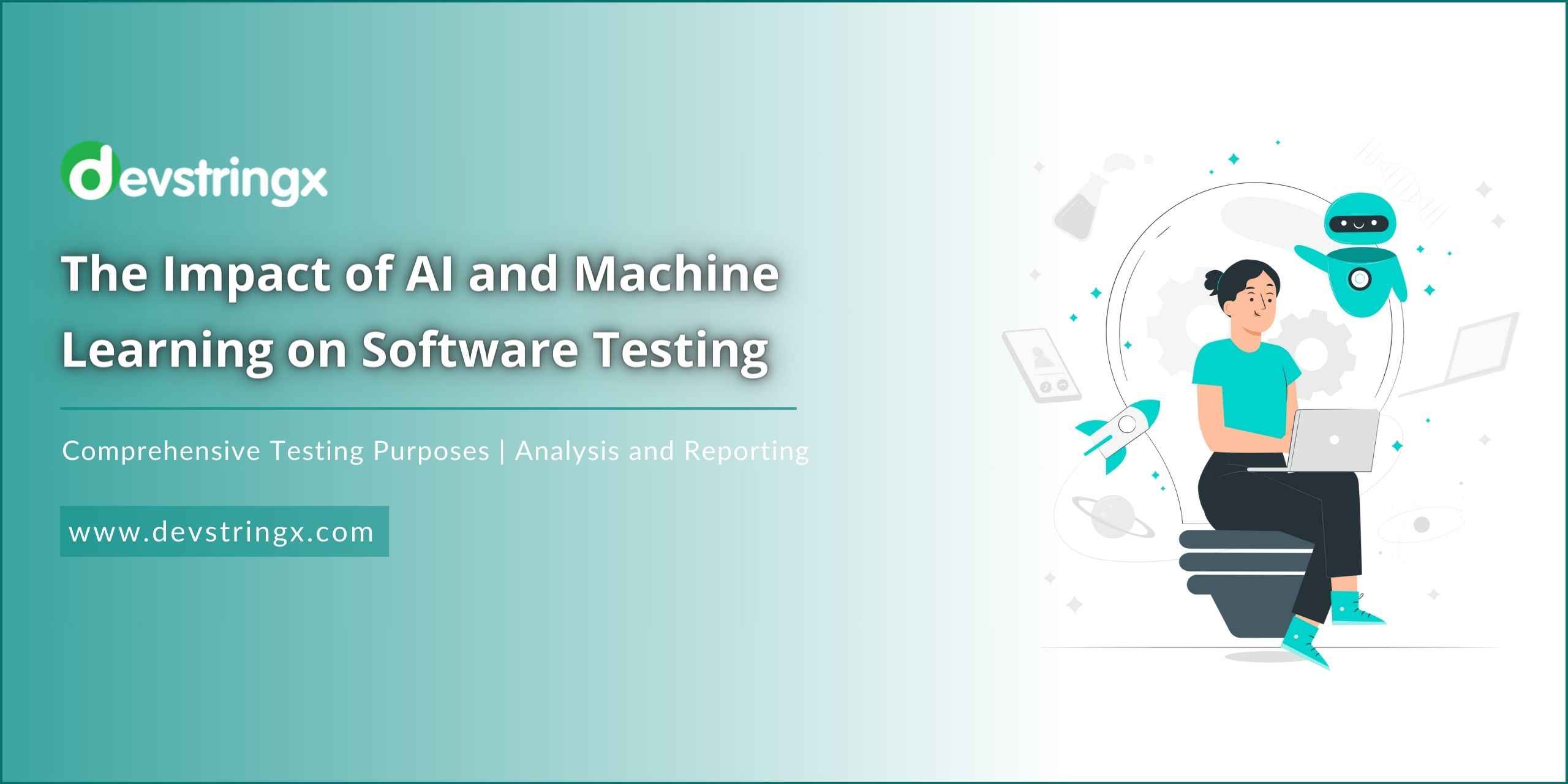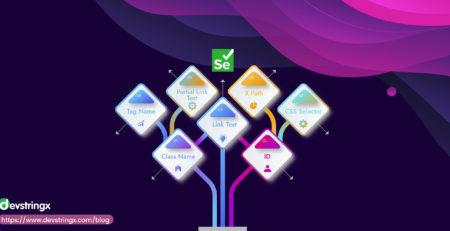Exploring the Impact of AI and Machine Learning on Software Testing – DS
Impact of Artificial & Machine Learning on Software Testing
Software development plays a significant role in ensuring that software applications are of quality, reliability, and functionality. With technological advancements, Artificial Intelligence (AI) and Machine Learning (ML) have emerged as game changers in the software testing landscape.
AI and ML in Test Automation
Test automation has always been an aspect of software testing as it reduces effort and enhances test coverage. However, AI and ML are taking test automation to newer heights by enabling the generation, execution, and analysis of test cases. In the past, creating test cases was a time-consuming task, prone to errors. Test engineers had to design test scenarios along with input data and expected outcomes. However, with AI-powered tools at play, things have changed drastically. These tools automatically generate test cases by analysing both application behaviour and code structure.
Remarkably, these tools can even spot scenarios that human testers might have missed. Furthermore, test automation tools driven by AI can easily adapt to changes in the application. As software evolves, test scripts can become outdated, resulting in effort for maintenance. However, with the help of machine learning algorithms, the testing framework can intelligently update test cases to align with changes in the codebase. As a result, this technical advancement reduces the workload for test engineers and ensures that tests remain relevant in ever-changing development environments.
In addition to generating test cases, AI and ML enhance test execution. Test execution engines powered by AI can prioritize test cases based on their likelihood of uncovering defects, making testing more efficient. Additionally, these engines are capable of executing tests across environments and devices, thus significantly reducing testing time.
Let’s refer to an example here. Anomaly detection is one of the applications of AI in test automation. ML algorithms learn the normal behaviour of an application and, based on that, detect deviations from the normal. This advantage proves helpful in identifying issues that might not be covered by test cases alone. For instance, AI can flag performance blockages, security vulnerabilities, or unexpected behaviour patterns, enabling teams to proactively address these concerns.
Good to Read:- How to Do Performance Testing in DevOps?
Role of AI and ML in the Management of Test Data
AI and machine learning (ML) play a pivotal role in test data generation, masking, and maintenance. Creating test data that is realistic and covers scenarios can be challenging. So, AI algorithms can analyse production data and generate test data that closely mimic real-world scenarios. This improves test coverage and ensures that any sensitive or confidential information remains protected during testing. ML-driven data masking techniques can anonymize the data while preserving its integrity, which helps organizations adhere to data privacy regulations.
In addition, AI can also assist in the test data maintenance. As applications evolve, both the structure of the database and the actual data might change. ML models can track these changes and automatically update the process of generating test data, thus ensuring that it stays relevant and accurate.
Function of AI and ML in Test Analysis and Reporting
The analysis of test results and producing relevant reports is a crucial aspect of software testing. Thankfully, AI and ML are revolutionizing how we conduct test analysis and reporting by providing insights that enhance decision-making.
Traditional methods of analysing test results generally involve inspecting logs and metrics, which can be time-consuming as well as prone to errors. With the help of AI-powered tools, we can automate this process by allowing them to analyse the test results themselves. These tools can identify failures, jams, and performance issues with precision, thus significantly reducing the effort involved in inspection.
Machine learning algorithms have the ability to make predictions about failures based on historical data, empowering teams to take proactive measures. Furthermore, AI can also identify the root cause of test failures, which can often be challenging in systems. By analysing logs, code changes, and historical data, ML algorithms can expedite the debugging process by pinpointing the cause of a failure.
AI-driven reporting tools generate interactive reports that offer stakeholders an understanding of the testing process and its outcomes. These reports highlight trends, identify areas for improvement, and aid in decision-making regarding release readiness.
Good to Read:- Top Performance Testing Tools For Your Team
Conclusion
In the present scenario, it is deemed suitable to articulate that AI and machine learning are revolutionizing software testing by transforming test automation, test data management, and test analysis. These technologies enhance efficiency while improving software quality by detecting defects and vulnerabilities that may have been overlooked using testing methods. As AI and ML continue to advance, their role in software testing will become increasingly vital to ensure that software applications meet standards of quality and reliability in our evolving digital landscape. Organizations striving to stay in the software development game must embrace these technologies as a necessity rather than an option.














